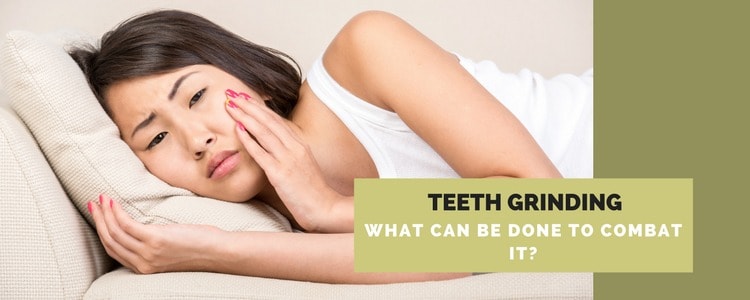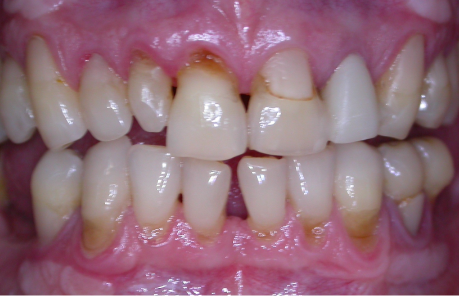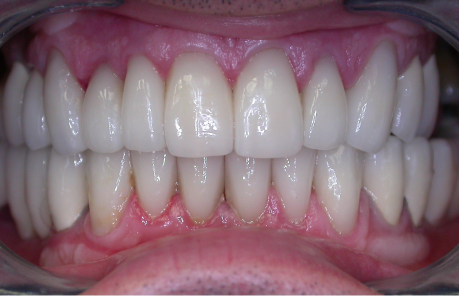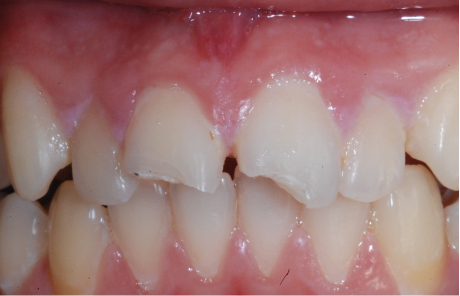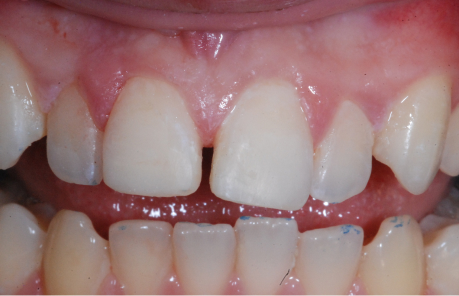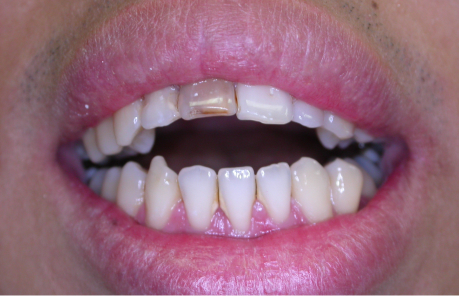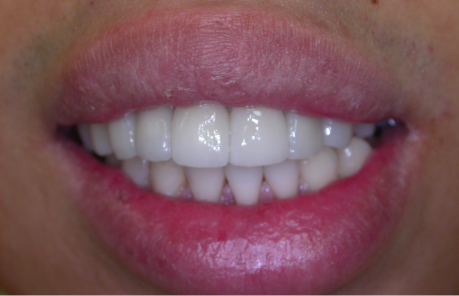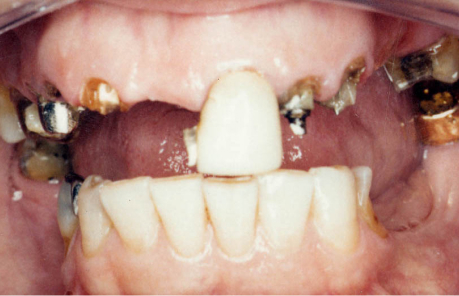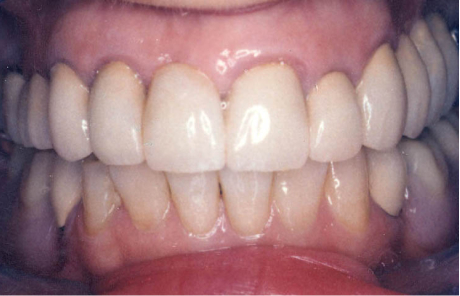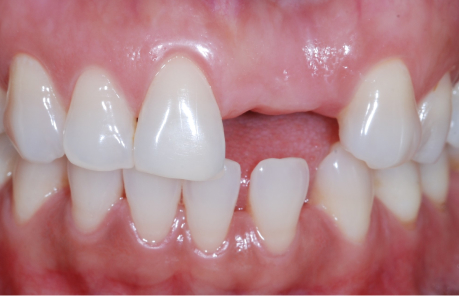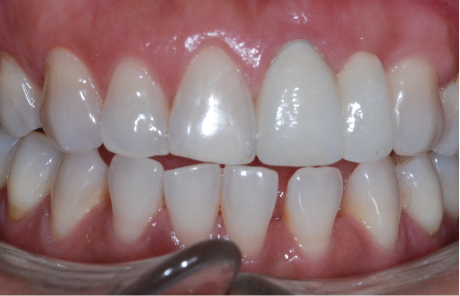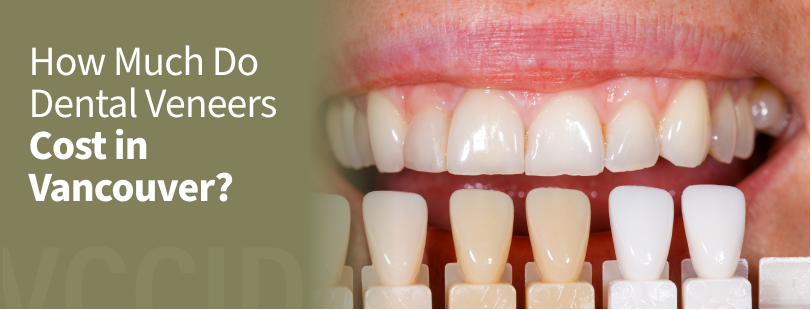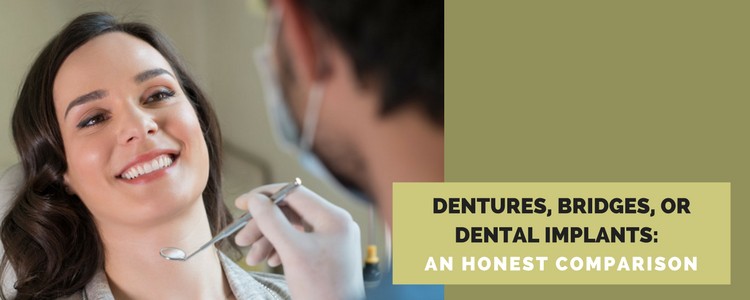Teeth grinding, which is also called Bruxism, is a habit that can eventually compromise your oral health if it is not taken under control. Because people usually grind their teeth in their sleep, many are not aware that they are even doing it.
It’s important to learn about all the signs and causes of this habit in order to control it to decrease the negative effects it would have on your oral health.
In this blog post, we’ll discuss teeth grinding in-depth, its negative effects and what you can do to combat it.
What causes teeth grinding?
There is not one straightforward answer to this question, but medical observation and research have boiled it down to five main causes.
In short, these pre-existing conditions make it more likely that you can be grinding your teeth at night:
- Stress or anxiety – If you are prone to anger or are currently in a stressful situation like exam week, financial issues, or relational problems, then you may be grinding teeth at night to cope.
- An abnormal bite – sometimes a person’s bite can be cause the jaw muscles to stay active when they are supposed to be at rest.
- A bite interference – for example, your teeth “bump” into each other during chewing…this can be very subtle such that you may not even be aware of the interference
- If you have missing or crooked teeth.
- If you have a sleep disorder.
If you have a strong suspicion that you may be a grinder, pay attention to these telltale signs of Bruxism:
- You wake up with a sore jaw….usually the muscles become sore due to the excessive and prolonged contraction
- You suffer from a dull, chronic headache.
- Your jaw usually feels tender.
- Your teeth look excessively worn for your age.
- You have large notches along the gum line of your teeth
- You have multiple cracks in the enamel of your teeth…this may only be visible when you shine light on your teeth at a certain angle.
- Your partner hears you grinding your teeth in your sleep.
If you have experienced one or a combination of things on this list, it would be a good idea to schedule an appointment with your dentist. He or she can confirm if you are a nocturnal grinder simply by looking at the condition of your teeth and examining your muscles and joints.
It is best to not delay this consultation because the sooner you correct Bruxism, the fewer consequences you will suffer from it.
Just what are the negative consequences of prolonged teeth grinding?
The longer you grind your teeth the more your oral health will suffer. Here are the main harmful effects of Bruxism:
- Loose teeth.
- Broken teeth.
- Tooth loss.
- Teeth get worn down to stumps.
- Exacerbated TMJ and TMD.
Along with these main conditions, some teeth grinders even experience a change in how their face looks! As our teeth wear down, our bite “closes” such that the vertical dimension of the lower part of our face becomes smaller/shorter. This tends to make us look older and even change how “full” our lips appear.
All these reasons should be fitting motivators for you to consult a dental professional.
Even if your suspicions come to nothing, it is always better to lean on the side of caution and get a professional’s opinion.
What can my dentist do to help?
To protect your teeth at night, you may be given a night guard, which is a plastic retainer-like coating that you would wear on your upper teeth to protect them against the friction of nocturnal teeth grinding. You may also be prescribed a muscle relaxer for acute episodes of muscle spasm or pain.
If you have a sleep disorder, then resolving it will usually make your teeth grinding habits also fade.
If you have a bite interference, your dentist can help adjust these areas in your mouth. Or, If you have an abnormal bite, you can undergo bite correction, which can be a simple adjustment or may require a more involved oral reconstruction from your orthodontist.
Your dentist may recommend making a night guard to wear while sleeping. Night guards are plastic appliances that fit over the biting surfaces of the teeth. They are made for either the upper or lower jaw. They work by opening the jaw slightly, reducing the amount of force with which the muscles can contact and also to eliminate any interferences from the teeth that might be a trigger.
And if you do clench or grind, you will wear down the guard and not your teeth. So it will protect your teeth in the long term. Nightguards are usually covered by dental plans.
You can buy a prefabricated nightguard in some pharmacies and stores and they are less expensive and can be helpful in an urgent situation or for a short time. However, in the long term they can cause more problems with your bite.
Lastly the fit is usually not very ideal and if they are not fitting comfortably it will be difficult to sleep while wearing it.
What can I do to combat teeth grinding?
If you learn you are a tooth grinder, try as much as possible to avoid situations that trigger stress or anger. For example, if there is a toxic person in your life who continues to make you angry and stressed, it may be time to cut down the amount of time you spend with him or her.
If commuting on the interstate gives you road rage, then check on your navigation to see if there are quieter roads to take.
Exercise also releases mood-boosting endorphins and reduces stress as well. The kinder we are to ourselves, the more our teeth will thank us.
You can also cut back on these substances that increase occurrence of Bruxism:
- Caffeine – because this substance raises stress levels.
- Alcohol – which is linked to more teeth grinding in medical studies.
- Chewing gum – which exacerbates teeth grinding like it does to those who have TMJ.
Sometimes the muscles that open and close the jaws are “tight” or tend to spasm and this could be an additional trigger for bruxism. Massage, heat and stretching of these muscles for a few minutes before bedtime may also help relieve some of the muscle tension present.
You are in good hands.
It may feel overwhelming if your dentist tells you that you are a teeth grinder, but rest assured that by getting an early diagnosis and the correct treatments, you can protect your smile for years to come.
You are also in a good position to make simple lifestyle choices to help negate the effects of teeth grinding on your health.
If you have any questions about Bruxism or anything else, contact us today.
